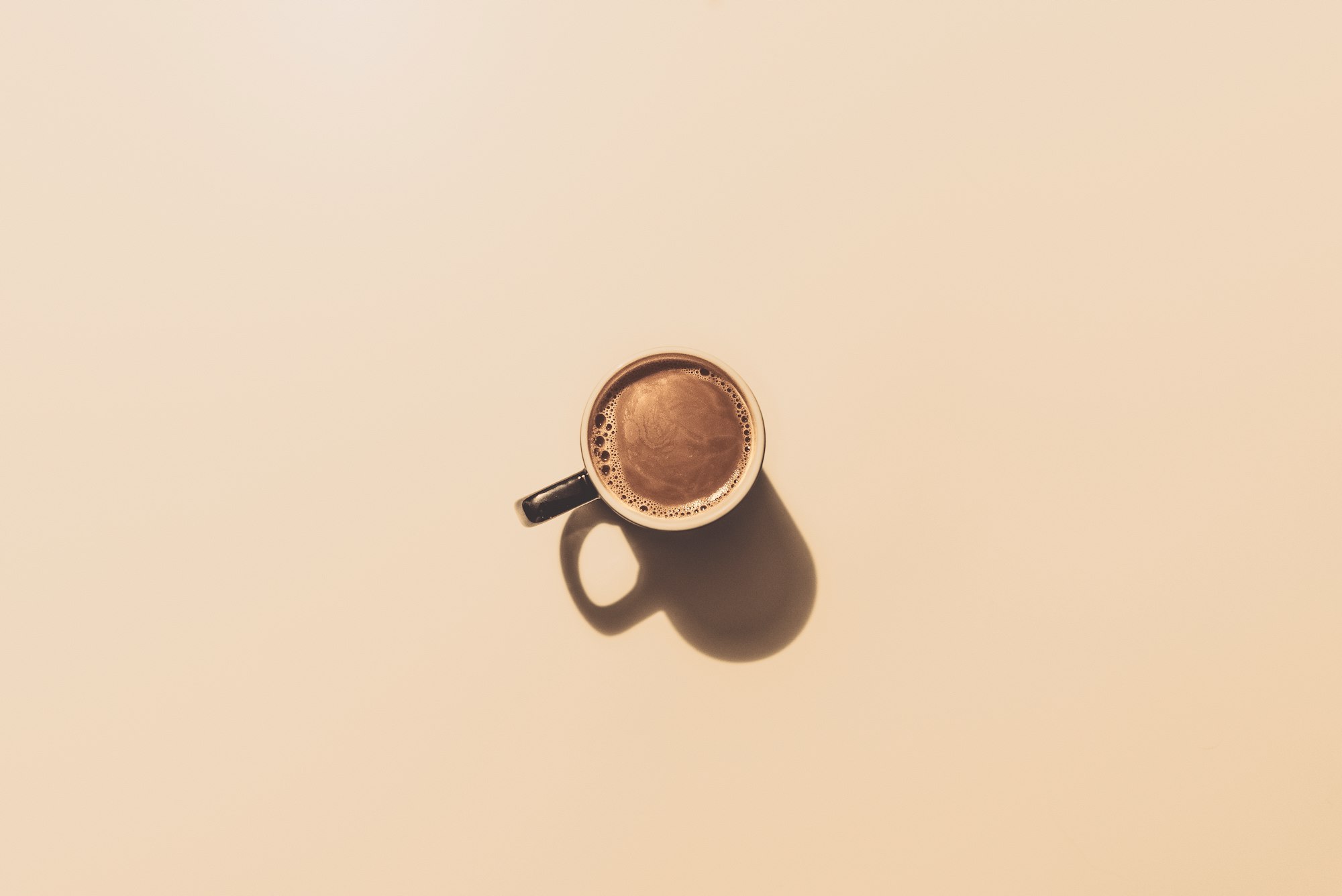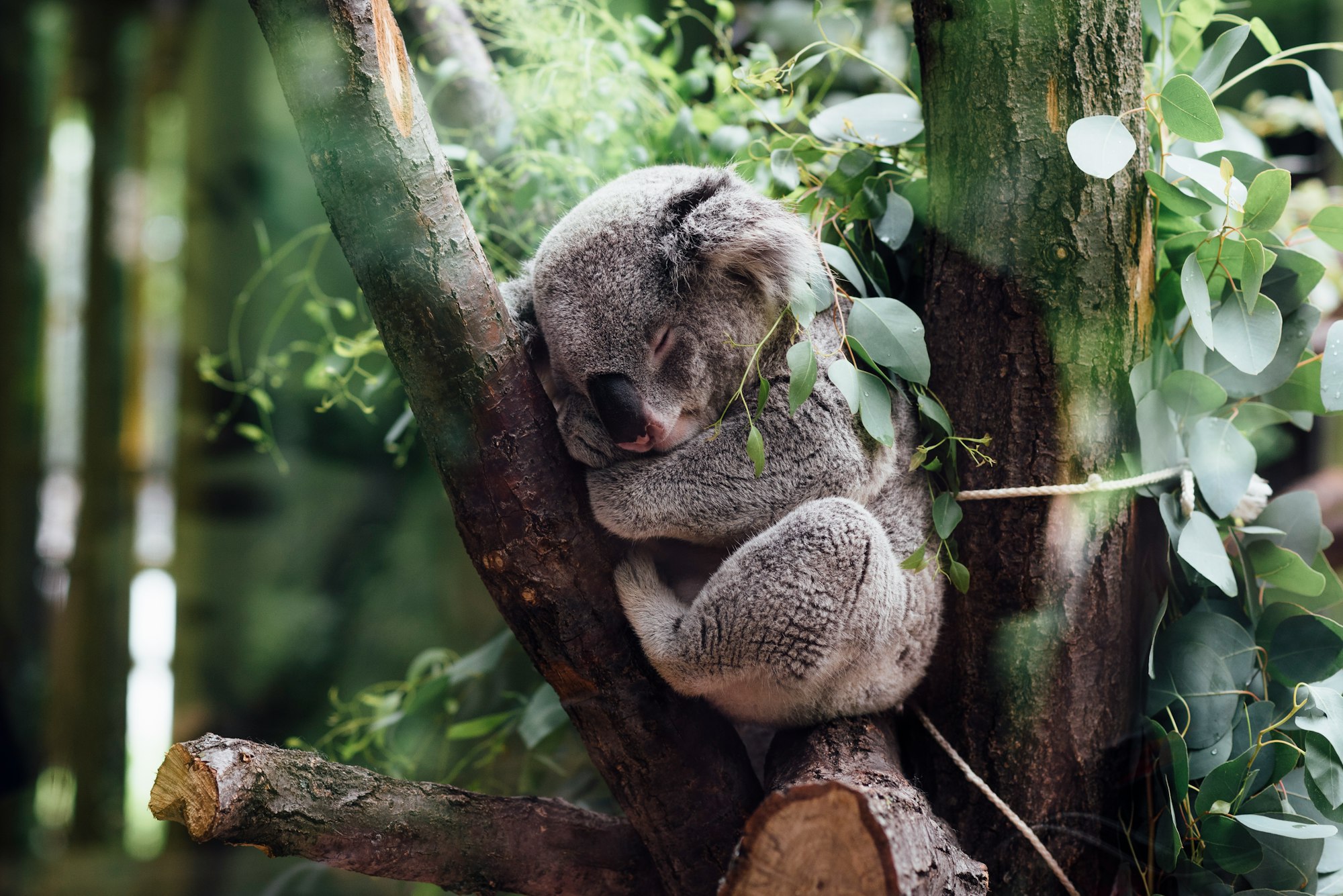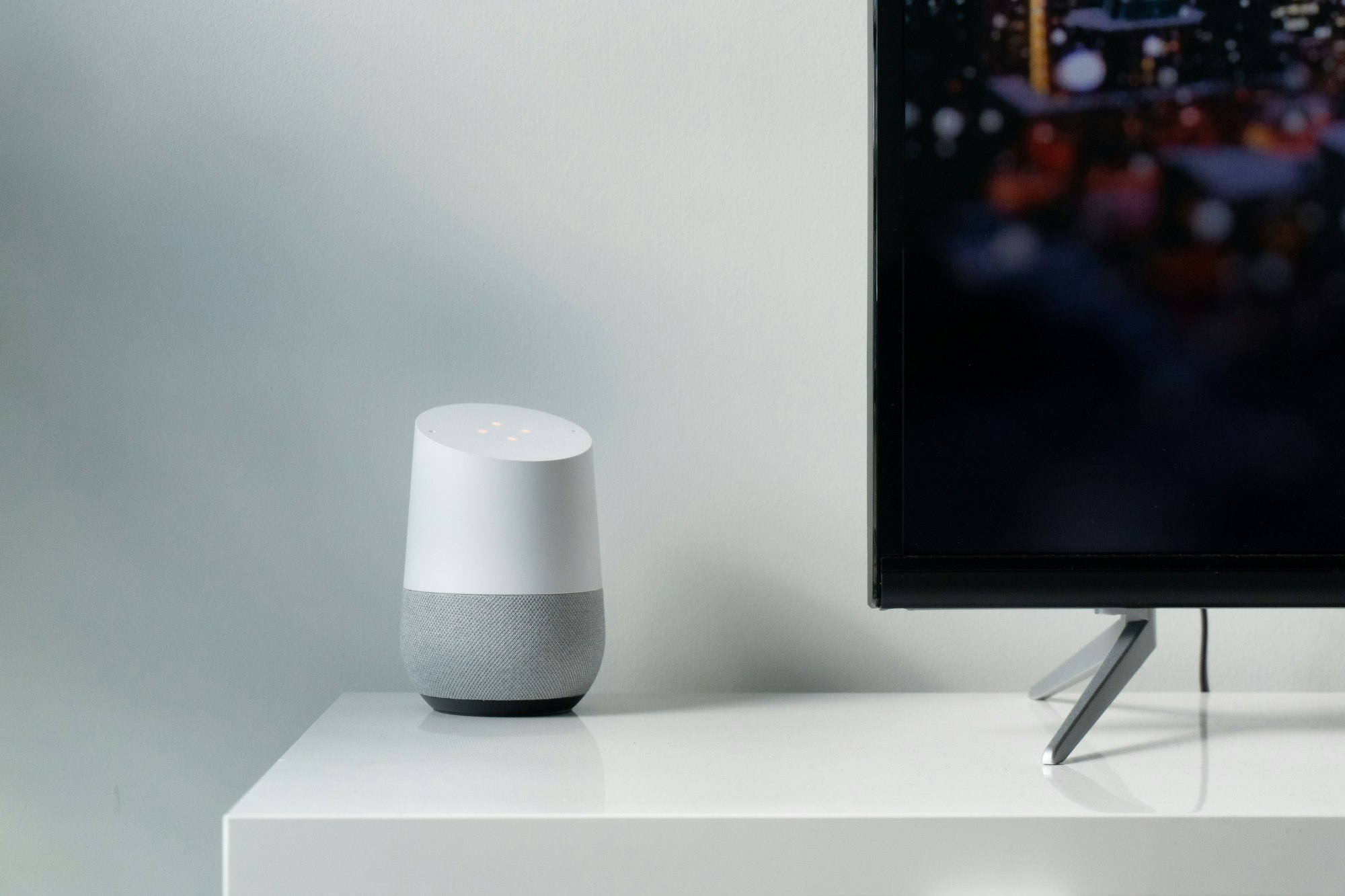How caffeine influence on the body
Overview
Caffeine is a central nervous system (CNS) stimulant of the methylxanthineclass. It is the world's most widely consumed psychoactive drug. Unlike many other psychoactive substances, it is legal and unregulated in nearly all parts of the world. There are several known mechanisms of action to explain the effects of caffeine. The most prominent is that it reversibly blocks the action of adenosine on its receptors and consequently prevents the onset of drowsiness induced by adenosine. Caffeine also stimulates certain portions of the autonomic nervous system.

Caffeine can have both positive and negative health effects. It can treat and prevent the premature infant breathing disorders bronchopulmonary dysplasia of prematurity and apnea of prematurity. Caffeine citrate is on the WHO Model List of Essential Medicines. It may confer a modest protective effect against some diseases, including Parkinson's disease. Some people experience sleep disruption or anxiety if they consume caffeine, but others show little disturbance. Evidence of a risk during pregnancy is equivocal; some authorities recommend that pregnant women limit caffeine to the equivalent of two cups of coffee per day or less. Caffeine can produce a mild form of drug dependence – associated with withdrawal symptoms such as sleepiness, headache, and irritability – when an individual stops using caffeine after repeated daily intake. Tolerance to the autonomic effects of increased blood pressure and heart rate, and increased urine output, develops with chronic use (i.e., these symptoms become less pronounced or do not occur following consistent use).
Caffeine is classified by the US Food and Drug Administration as generally recognized as safe (GRAS). Toxic doses, over 10 grams per day for an adult, are much higher than the typical dose of under 500 milligrams per day. A cup of coffee contains 80–175 mg of caffeine, depending on what "bean" (seed) is used and how it is prepared (e.g., drip, percolation, or espresso). Thus it requires roughly 50–100 ordinary cups of coffee to reach the toxic dose. However, pure powdered caffeine, which is available as a dietary supplement, can be lethal in tablespoon-sized amounts.
Medical Use
Caffeine is used in:
- Bronchopulmonary dysplasia in premature infants for both prevention and treatment. It may improve weight gain during therapy and reduce the incidence of cerebral palsy as well as reduce language and cognitive delay. On the other hand, subtle long-term side effects are possible.
- Apnea of prematurity as a primary treatment, but not prevention.
- Orthostatic hypotension treatment.
- Some people use caffeine-containing beverages such as coffee or tea to try to treat their asthma. Evidence to support this practice, however, is poor. It appears that caffeine improves airway function in people with asthma, increasing forced expiratory volume (FEV1) by 5% to 18%, with this effect lasting for up to four hours.
- The caffeine in a cup of coffee (100–130 mg) improved pain relief when combined with paracetamol or ibuprofen in 5–10% of people.
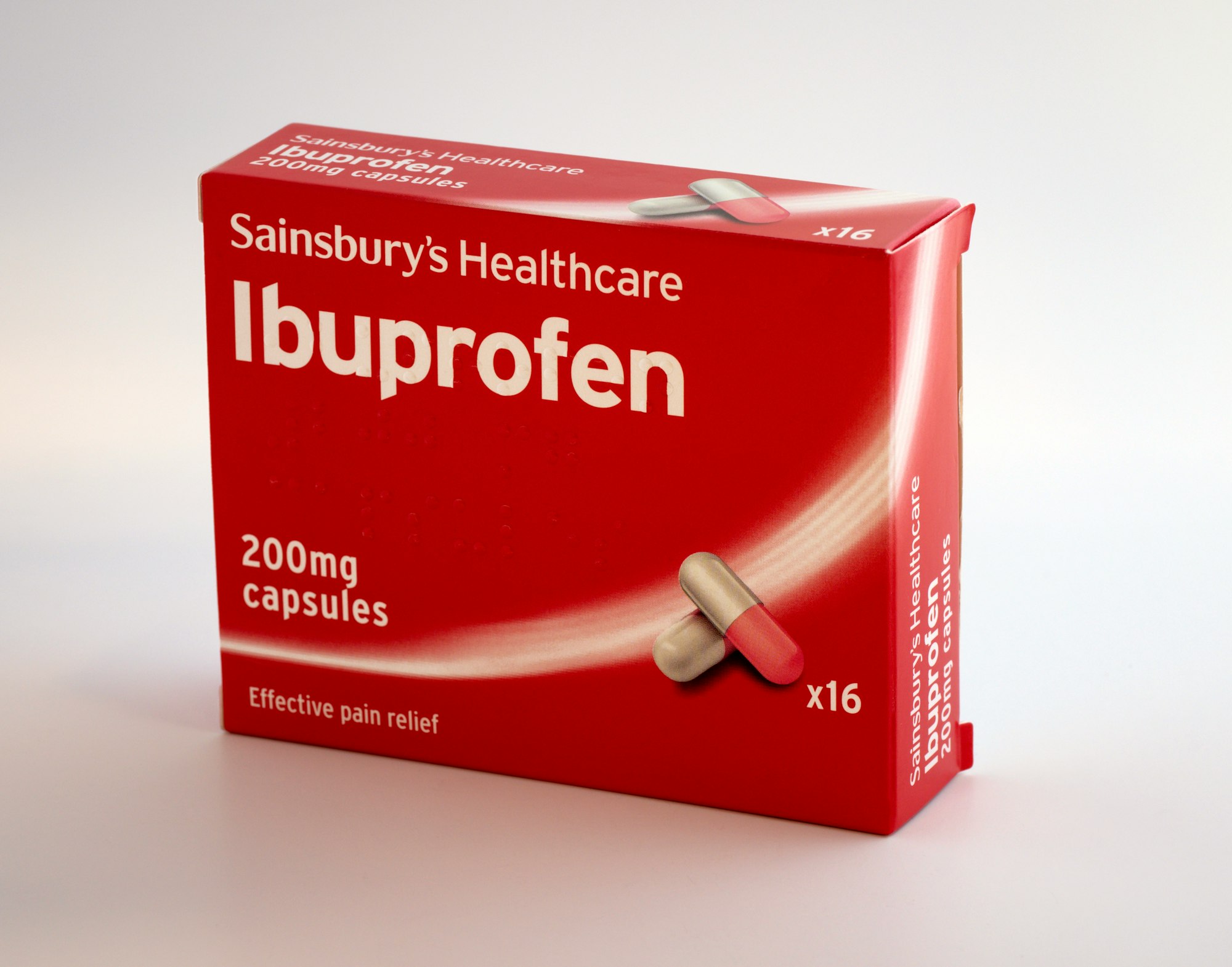
Discovery and spread of use
According to Chinese legend, the Chinese emperor Shennong, reputed to have reigned in about 3000 BCE, inadvertently discovered tea when he noted that when certain leaves fell into boiling water, a fragrant and restorative drink resulted. Shennong is also mentioned in Lu Yu's Cha Jing, a famous early work on the subject of tea.
The earliest credible evidence of either coffee drinking or knowledge of the coffee plant appears in the middle of the fifteenth century, in the Sufi monasteries of the Yemen in southern Arabia. From Mocha, coffee spread to Egypt and North Africa, and by the 16th century, it had reached the rest of the Middle East, Persia and Turkey. From the Middle East, coffee drinking spread to Italy, then to the rest of Europe, and coffee plants were transported by the Dutch to the East Indies and to the Americas.
Kola nut use appears to have ancient origins. It is chewed in many West African cultures, in both private and social settings, to restore vitality and ease hunger pangs.
The earliest evidence of cocoa bean use comes from residue found in an ancient Mayan pot dated to 600 BCE. Also, chocolate was consumed in a bitter and spicy drink called xocolatl, often seasoned with vanilla, chile pepper, and achiote. Xocolatl was believed to fight fatigue, a belief probably attributable to the theobromine and caffeine content. Chocolate was an important luxury good throughout pre-Columbian Mesoamerica, and cocoa beans were often used as currency.
Xocolatl was introduced to Europe by the Spaniards, and became a popular beverage by 1700. The Spaniards also introduced the cacao tree into the West Indies and the Philippines. It was used in alchemical processes, where it was known as "black bean".
The leaves and stems of the yaupon holly (Ilex vomitoria) were used by Native Americans to brew a tea called asi or the "black drink". Archaeologists have found evidence of this use far into antiquity, possibly dating to Late Archaic times.
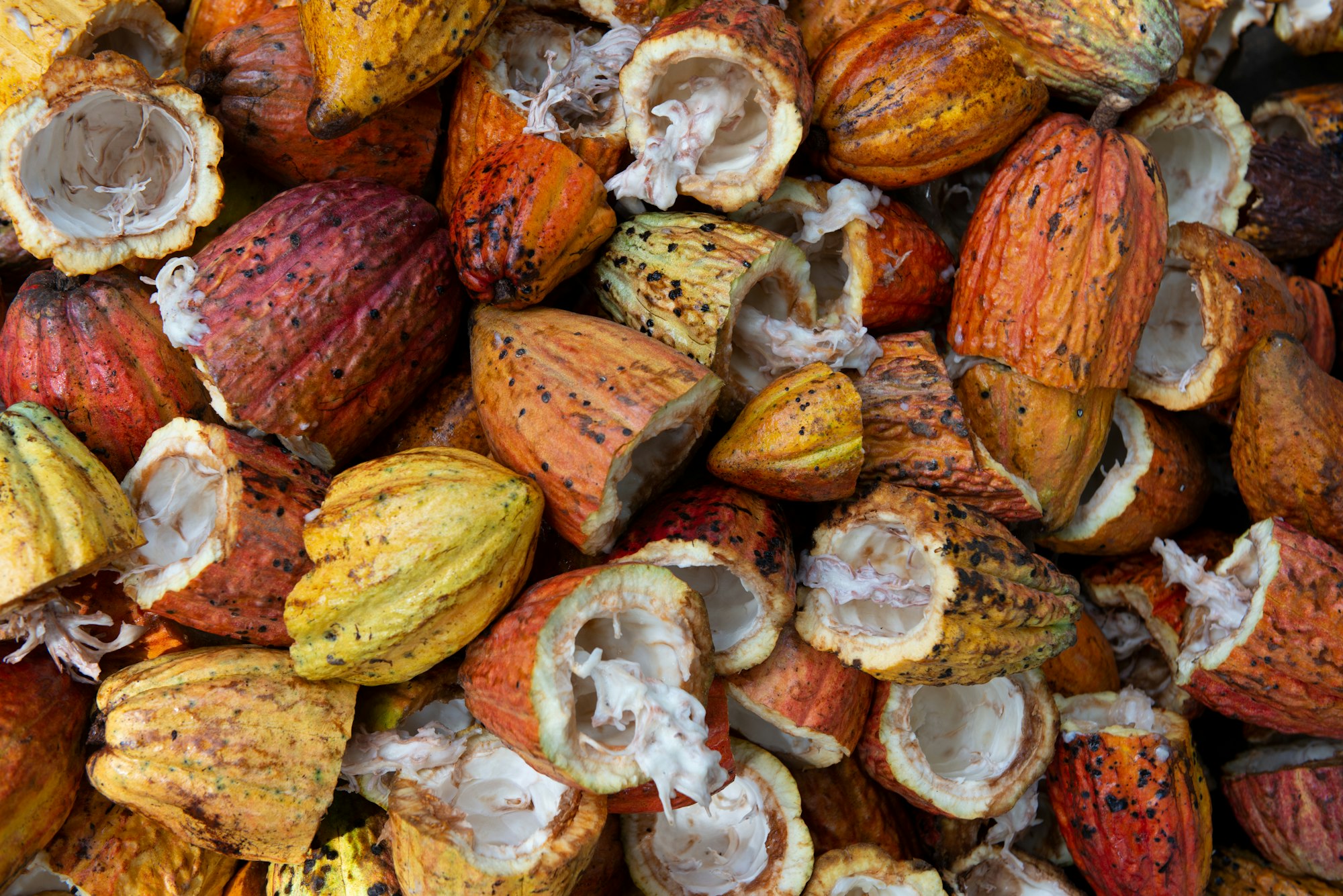
My Conclusion
I know how a little about how caffeine affect us, especially our brain: when you drink some cup of coffee, you are receiving some dose of caffeine. After caffeine wedges in adenosine receptors. It completely replaces adenosine and makes us happy and full of power.
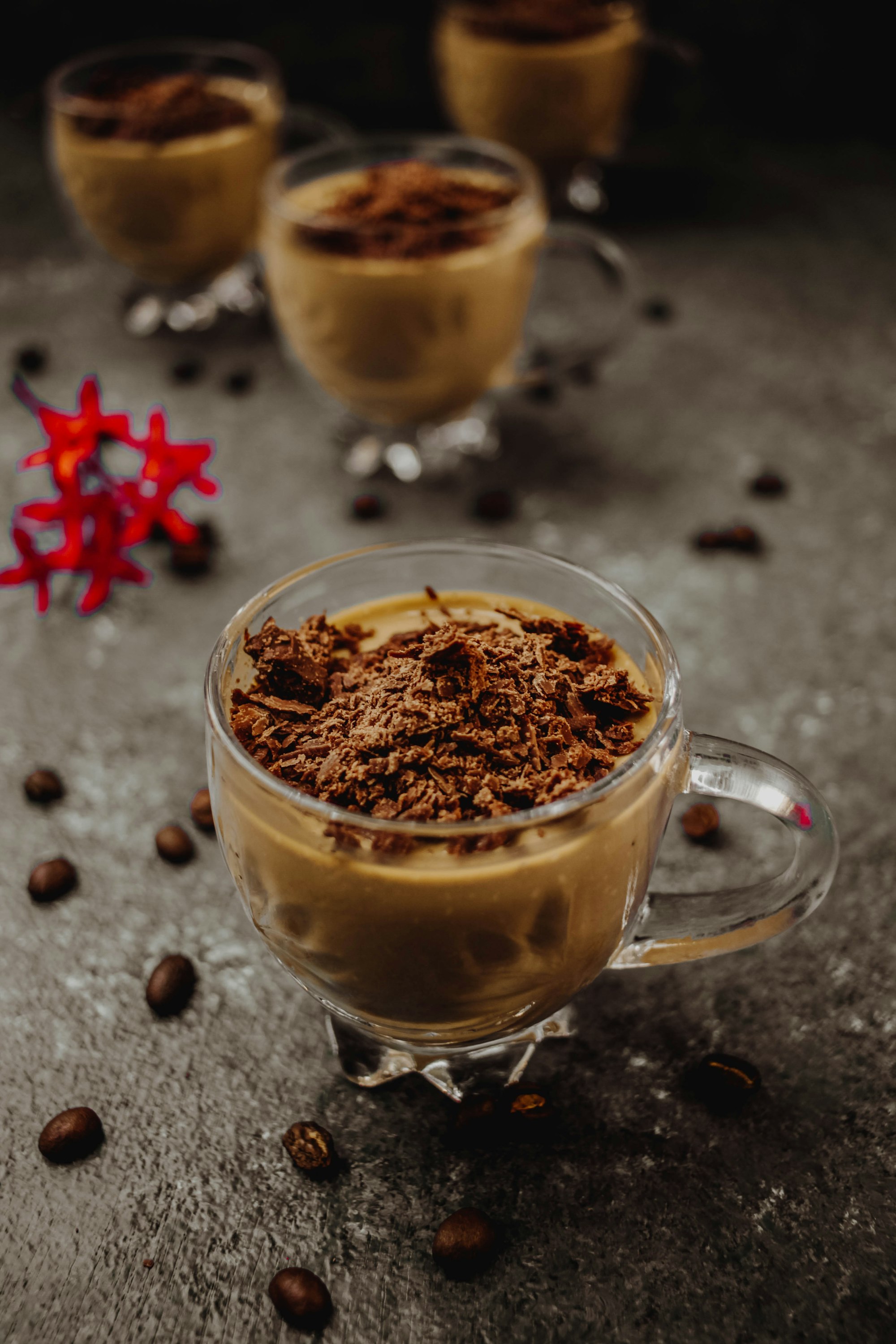
Drinking a lot of coffee or even taking a lot of caffeine in different types is very harmful for all our body. This can lead to heart disease, as this raises the pressure and so on. But overdose of caffeine can cause a severe shortage of adenosine in the body and this will lead to the creation of new receptors to capture this component. That means that your body will make more receptors and adenosine, which is responsible for sleep and fatigue, also helps to restore the strength of the body as a whole. By the way caffeine from the body will come out and you will get more adenosine. This is not very serious, simple you will feel sluggish and will be able to sleep many hours.
Good views on caffeine is that it can treat certain types of cancer, Alzheimer's and Parkinson's diseases.
My experience with coffee is when I have to drink some couple of cups during the day, I feel myself more concentrated and happier. But when influence ends you’ll feel yourself sluggish 🌚.

